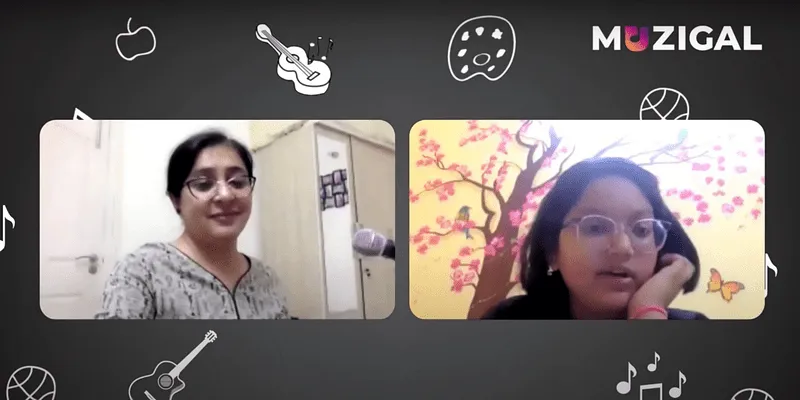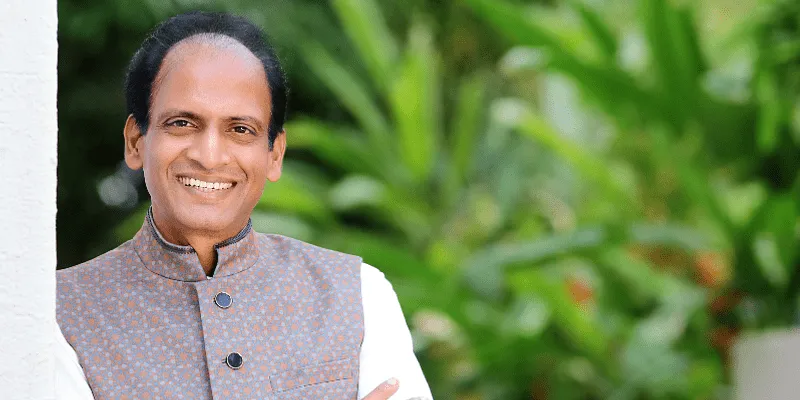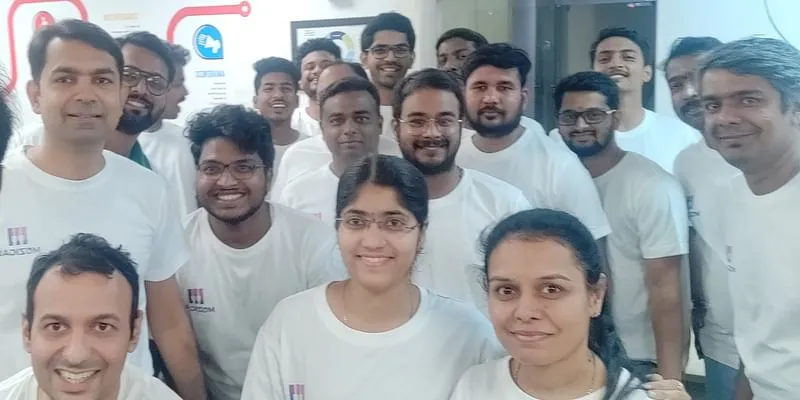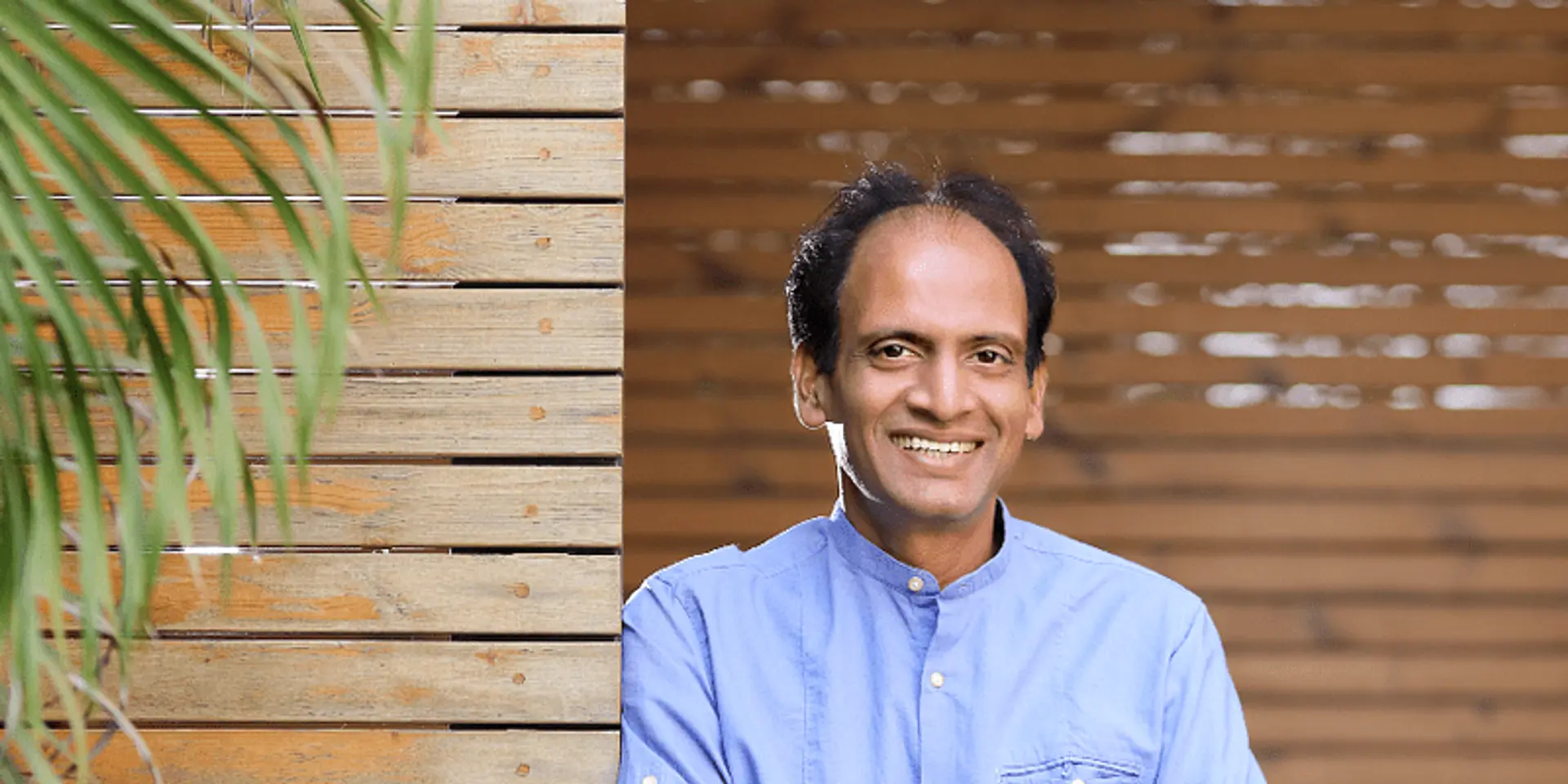Online music learning startup Muzigal is providing a global platform for music teachers and learners
Hyderabad-based Muzigal was launched in 2020 to support musicians during the pandemic. In just a year, it claims to have connected over 400 teachers with over 10,000 learners.
Music has been a constant source of comfort in challenging times like the pandemic. With constraints on our movements, and our general way of life becoming restricted, communities around the world have turned to music and art to cope with stress and isolation.
While the pandemic pushed children to pursue their interests and hobbies, including music, many music teachers faced employment issues.
“The availability of a good music teacher in your neighbourhood is still a big problem,” says Lakshminarayana Yeluri, who started , an online music platform, in 2020, to support the music community.
The Hyderabad-based startup is a community-led platform that connects students, instructors, professional musicians, and music enthusiasts online, globally.
“Being a passionate musician myself, I struggled to find high-quality music teachers for my kids as the world gradually moved to online education. In this search, I noticed a large, underutilised pool of teaching talent and readily available resources for music learning. This was the eureka moment for me and I decided to create a digital platform to connect willing and enthusiastic learners with talented teachers,” Lakshminarayana tells YS Weekender.
From Indian classical to western music, the platform offers both vocal and instrumental music to learners. The startup claims to have on board over 400 teachers, with over 100,000 learners having experienced the platform till now.
At present, Muzigal claims to be the fastest-growing online music platform in the country, growing at 20 percent month-on- month (MOM) in new enrollments. It has 140 employees, and a user base of approximately 10,000 learners, with nearly 30 percent of them based in the US and Canada.

Muzigal classroom (Image courtesy: Muzigal)
About the platform
Muzigal offers on-demand live classes where one can chose from over 400 teacher partners to get a customised learning experience.
“Muzigal gives teachers the convenience of teaching online, to make their own schedules, set their own rates, and swap local commuting for global clientele. Some teachers for whom music was a passion, but who had to work other day jobs, can now count on teaching music as a promising career - turning their passion into a rewarding profession."
"As for our learners, they too gain the freedom of choice, a tutor anywhere in the world and anytime of the day or night at a price they can afford,” says the founder.
Students can just go to the website/app, choose a subject or instrument, select a teacher, and book a trial class. The platform has students ranging from schoolchildren and teenagers to professionals, homemakers, and even retirees.
According to the founder, there is no other platform in India that offers customised on-demand music learning. However, some websites and apps like hobby class aggregators and online edtech platforms like BYJU’S future class are also offering music learning. There is also the Subramaniam Academy of Performing Arts (SaPa) teaching music to kids online.
The platform also prepares students for various certification courses like Trinity, ABRSM, and Rockschool.
As of now, Muzigal is catering to Indian diaspora living in the US.

Lakshminarayana Yeluri, Founder, Muzigal
Impact of COVID-19
Speaking about the impact of the pandemic on the startup, Lakshminarayana says, Muzigal was started after the global pandemic hit. “So essentially, we are part of the new normal.”
Online music classes have existed for more than a decade, and the pandemic has only accelerated the adoption, and Muzigal became the first exclusive player to organise this segment, he adds.
“During the pandemic, skilled musicians and trained artists did not have a way to monetise their talent. Today, they have a platform where one can earn anywhere between Rs 40,000 and Rs 50,000 a month by sitting in any remote corner of the country,” says Lakshminarayana Yeluri.
The online music market
According to Statista, the market size of the music industry across India from 2011 to 2021 was projected at around Rs 1,940 crore in the year 2021, up from about Rs 1,420 crore in 2018.
Muzigal essentially follows a digital model, which connects the relevant stakeholders, in this case music teachers and students, and charges a certain percentage as commission from the students.
The startup offers trial classes for free, and charges Rs 400 on an average per class. The classes are on-demand, based on teacher and student schedules.
In February this year, Muzigal received a seed funding from Kalaari Capital. Since then, the startup claims to have seen 4X growth in revenue, with a 6X increase in active users of the platform.

Muzigal team
Plans ahead
The startup now plans to build a full-stack super app for everything music. “Whether its standardised lessons or experiential learning, Muzigal will be the one-stop for music aficionados,” says Lakshminarayana.
He says, Muzigal is a pure digital consumer marketplace app, made in India for the world. Music is a language that connects people across borders, beliefs, and cultures. This is an easy to use digital platform that has the potential to be a global brand, he adds.
Muzigal is all set to launch its services in the US and other geographies in August this year.
Edited by Anju Narayanan









